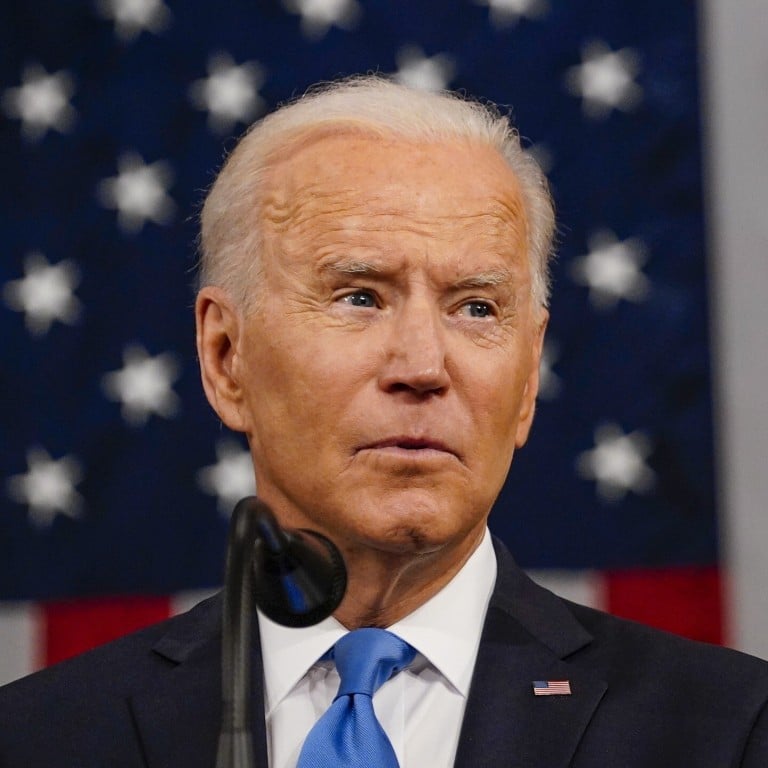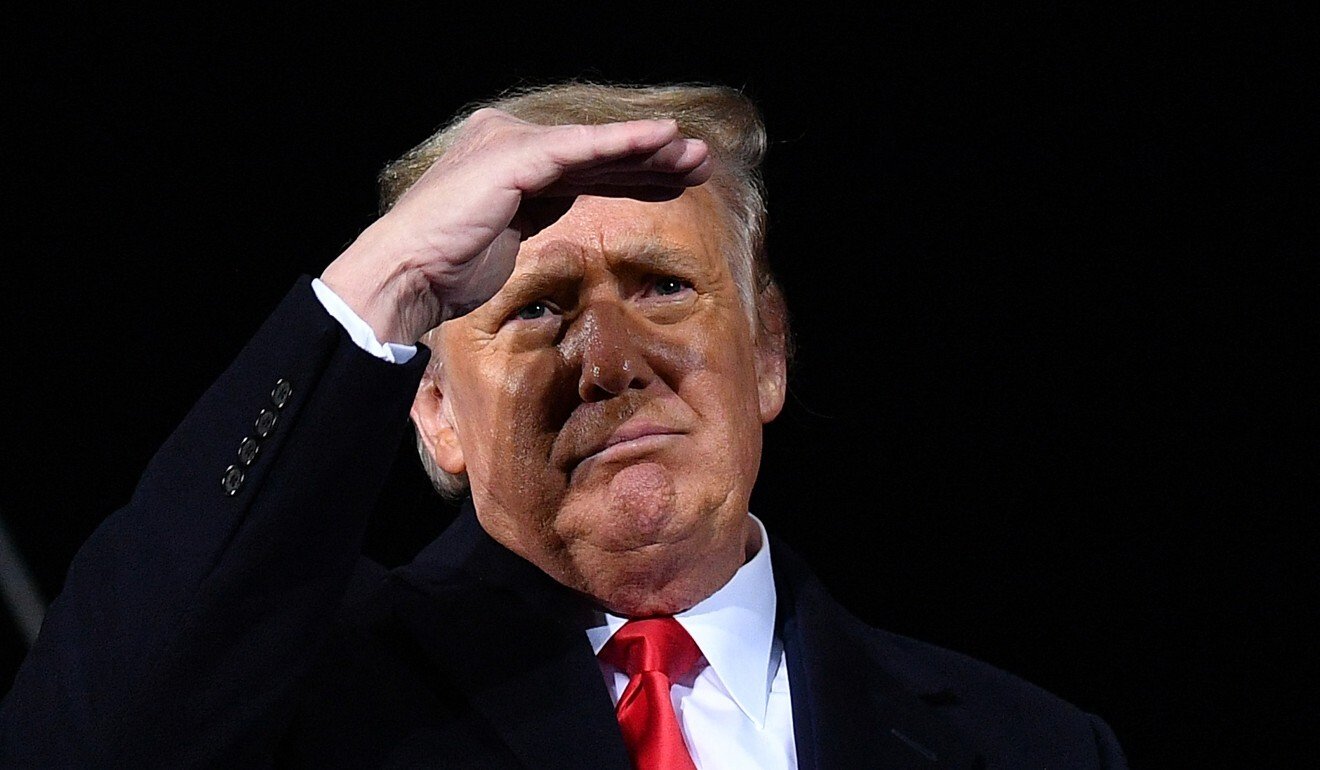
Joe Biden shows ‘more continuity than expected’ from Donald Trump policy on China
- Foreign policy scholars in Beijing say a ‘rational’ US president is better than a ‘reckless’ one despite containment strategy
- They call for more backchannel discussions rather than fiery public meetings between officials like the Alaska talks in March
“Judging from Biden’s first 100 days, there is more continuity than the changes that we expected. The Biden administration also has a more focused and systematic approach,” said Ni Feng, head of the Institute of American Studies at the Chinese Academy of Social Sciences.

02:23
Gloves off at top-level US-China summit in Alaska with on-camera sparring
The sparring that played out in front of the cameras in Alaska should be avoided by using backchannels for substantial discussion, according to Jia Qingguo, a professor with Peking University’s School of International Studies.
“If China and the US are to improve communication, it is best not to arrange these [public] meetings first because they are easily politicised and undermined by domestic politics in both countries,” said Jia, a member of political advisory body the Chinese People’s Political Consultative Conference.
“The best way is to use ‘track two’ [informal dialogue] and private discussions first to reach consensus before turning to public negotiations – that way there’s a high chance of getting things done.”

Biden has described China as America’s “most serious competitor” and vowed to confront Beijing over issues including human rights, intellectual property protection and its economic policy.
Speaking at the seminar on Tuesday, Jia Kang, a former researcher with the finance ministry, said Biden’s policies were less aggressive than Trump’s, and that gave China room to manoeuvre.
“It’s a good thing that Biden defined Russia as an opponent but China as a competitor. This is advantageous for China because defining China as a competitor means we can peacefully compete and we can fight without a breakdown,” Jia said.
“As long as the relationship doesn’t completely break down, we can maintain the trend that the US will eventually accept that the gap between the two countries is shrinking – but only when it has exhausted all means of containing China.”

